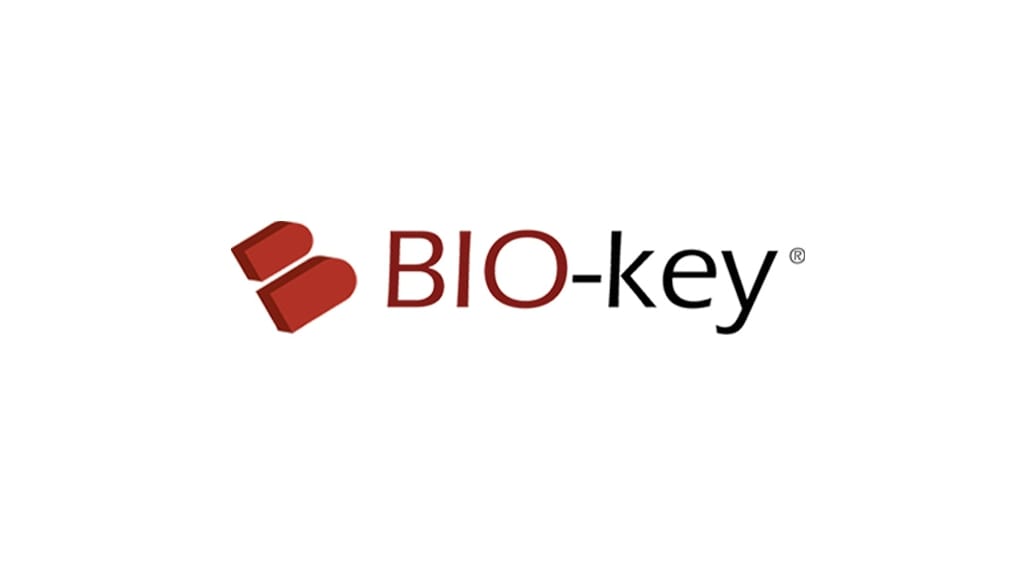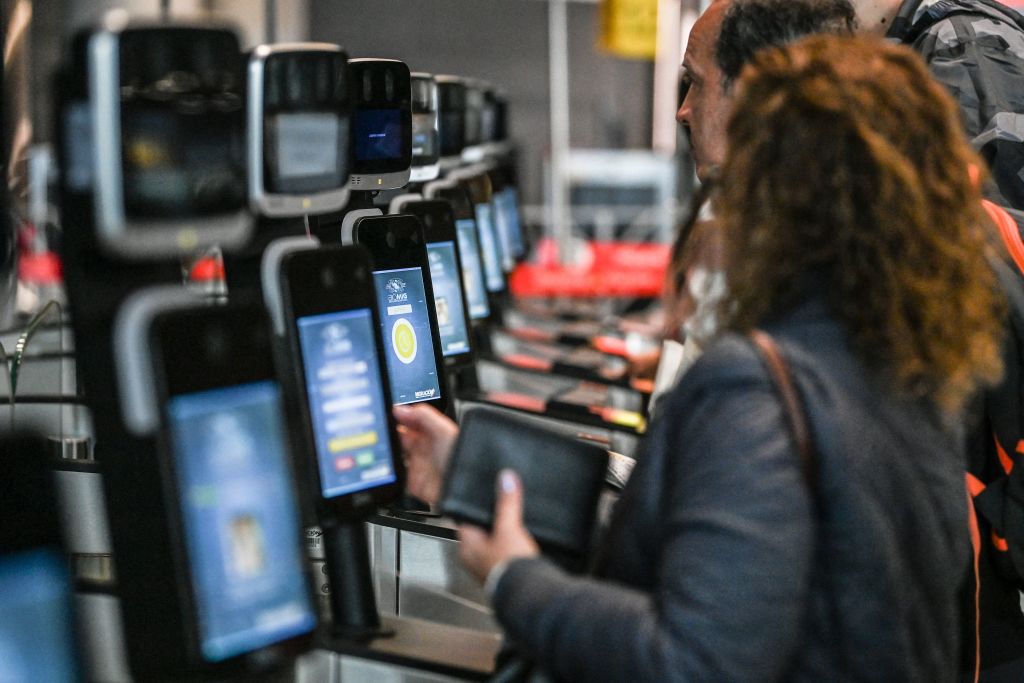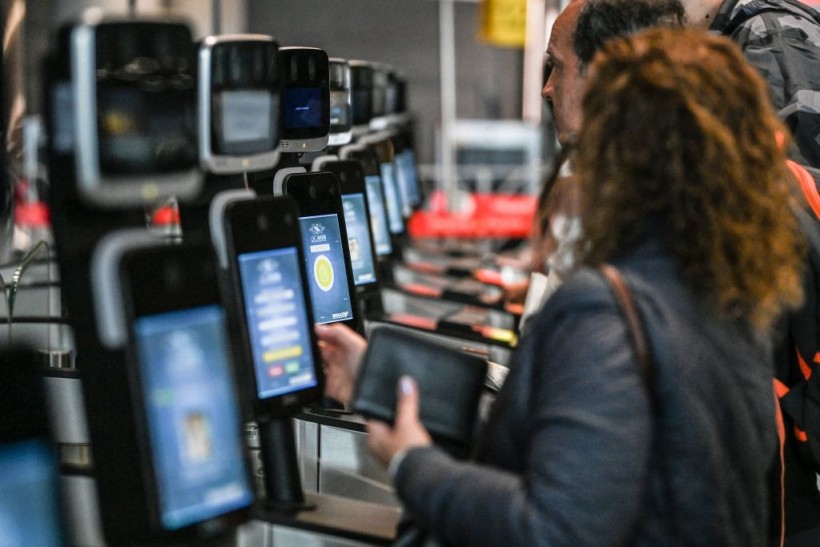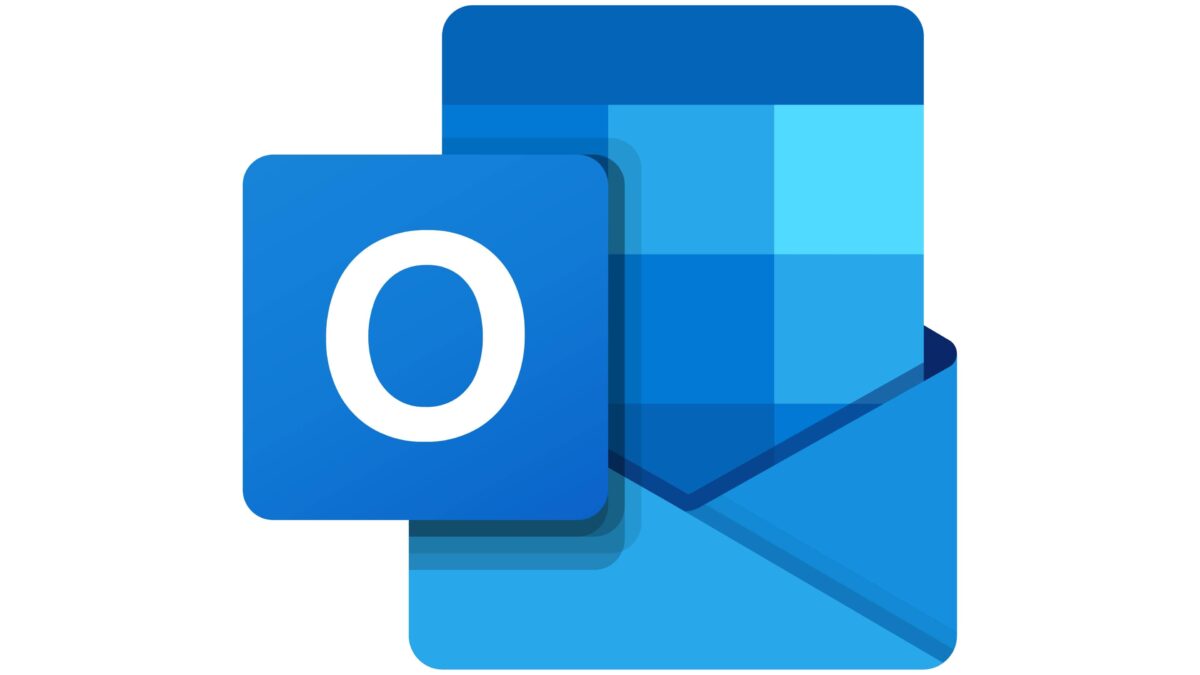Genesis HealthCare System Builds on its Investment in BIO-key Biometric Authentication Security as it Migrates to Epic Hyperdrive

ZANESVILLE, Ohio and HOLMDEL, N.J., Dec. 14, 2023 (GLOBE NEWSWIRE) — BIO-key® International, Inc. (NASDAQ: BKYI), an innovative provider of workforce and customer Identity and Access Management (IAM) featuring passwordless, phoneless and token-less Identity-Bound Biometric (IBB) authentication solutions, announced that its longstanding customer Genesis HealthCare System, the largest healthcare provider in its six-county region of Ohio, will add BIO-key’s PortalGuard IAM platform to support its existing BIO-key biometric authentication investment as it migrates to Epic Systems’ Hyperdrive end-user application interface. Genesis HealthCare has a network of more than 300 physicians and 4,000 employees across 27 locations.
PortalGuard’s standards-based integration with Hyperdrive allows Genesis HealthCare System to continue enjoying the security and streamlined biometric authentication user experience that BIO-key provides without re-enrolling employees or adopting more cumbersome and expensive multi-factor authentication solutions.
Named by Computerworld as one of the 100 Best Places to Work in IT every year since 2017, Genesis Healthcare utilizes BIO-key biometric software and hardware to secure and streamline its users’ login experience for Epic. By deploying PortalGuard IAM, it is able to maintain a consistent user experience and simplify the Hyperdrive migration. PortalGuard fully supports Hyperdrive’s modern authentication approach through its SAML Identity Provider (IdP) capabilities. PortalGuard provides seventeen authentication factor options, including WEB-key fingerprint authentication, the same core BIO-key biometric authentication platform regularly used by thousands of Genesis HealthCare employees. Additionally, users can now use PortalGuard for biometric authentication in other hospital applications through its support for standard IdP integration options like SAML, OAUTH, and OpenID Connect.
“Epic is a mission-critical application for many of BIO-key’s hospital customers, and implementing PortalGuard SAML SSO allows Genesis to maintain streamlined workflows and ensure secure access to patient information with IBB,” said Mark…




